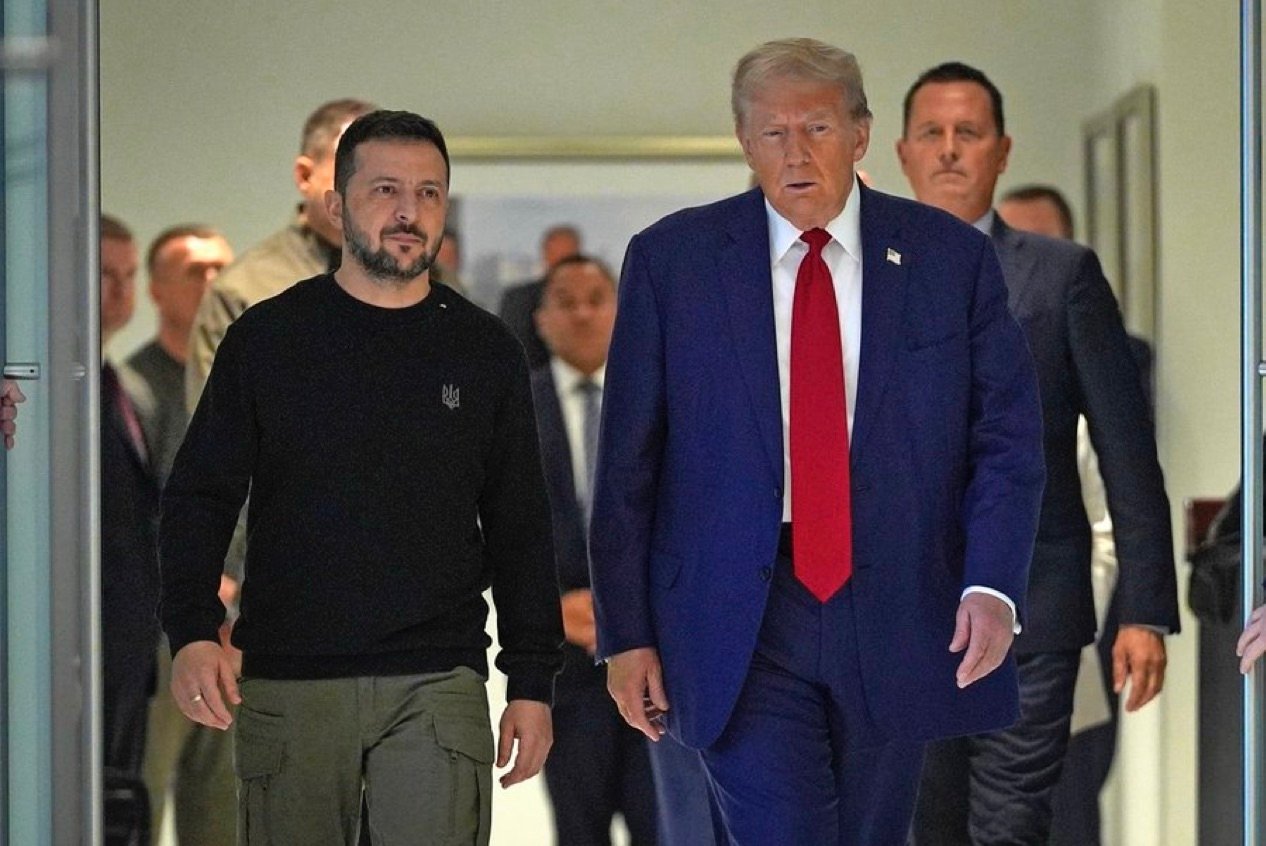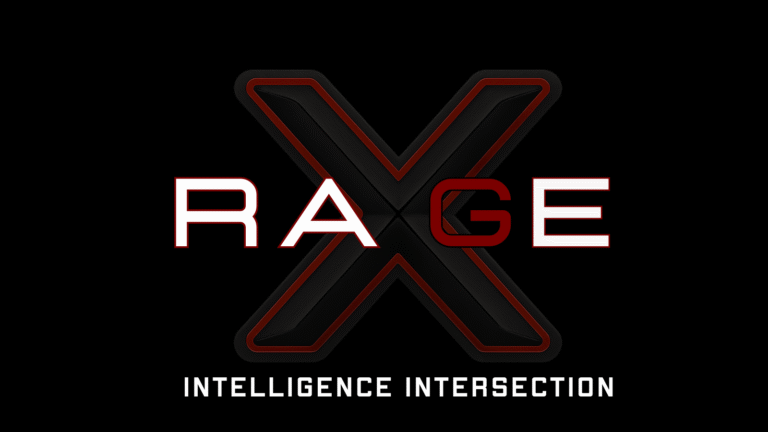Following a week of dramatic diplomatic and military developments, Ukrainian President Volodymyr Zelensky will visit the White House this Friday for a high-stakes, in-person meeting with the U.S. President. The invitation, extended on Monday, comes just days after the two leaders personally discussed the potential transfer of Tomahawk long-range cruise missiles to Ukraine, and it signals that a final decision on the game-changing weapon system may be imminent.

The face-to-face meeting is the clear and decisive next step after a direct phone call between the two presidents on Saturday, where the provision of Tomahawks was the central topic. An in-person summit at the White House elevates the discussion from a preliminary exploration to a final-stage negotiation, indicating the seriousness with which the administration is considering the request.
This summit is the culmination of a rapid and profound shift in U.S. policy. Just two weeks ago, the White House crossed a long-held red line by authorizing Ukraine to use American-supplied long-range weapons for strikes on military targets deep inside Russian territory. That authorization is now being put into practice, but the current weapons, like the ATACMS missile, have a limited range. The Tomahawk, with its ability to strike targets over 1,000 miles away with pinpoint accuracy, would represent a quantum leap in capability.
The timing of the invitation is also highly significant. It comes on the same day that the U.S. successfully brokered and signed a landmark peace deal for Gaza at a summit in Sharm El-Sheikh, Egypt. With a major diplomatic victory secured in the Middle East, the administration appears to be pivoting its full attention and diplomatic capital back to the war in Europe, with the goal of securing a decisive outcome.
The meeting on Friday is expected to focus on the final conditions for the potential transfer of the missiles. Discussions will likely include the specific targets Ukraine would be authorized to strike, the rules of engagement to mitigate escalatory risk, and the training and logistical support required to operate such a sophisticated weapon system.
The Kremlin will undoubtedly view the high-profile White House visit as an act of extreme provocation. Moscow has repeatedly warned that the provision of weapons capable of striking its strategic heartland would be considered a direct act of war by the supplier nation. However, the White House seems determined to press forward with its new strategy of providing Ukraine with the tools it needs “to win,” calculating that the risk of escalation is necessary to break the military stalemate.
The world will be watching on Friday as the two war-time leaders meet, with the outcome potentially altering the entire strategic trajectory of the war in Ukraine.

